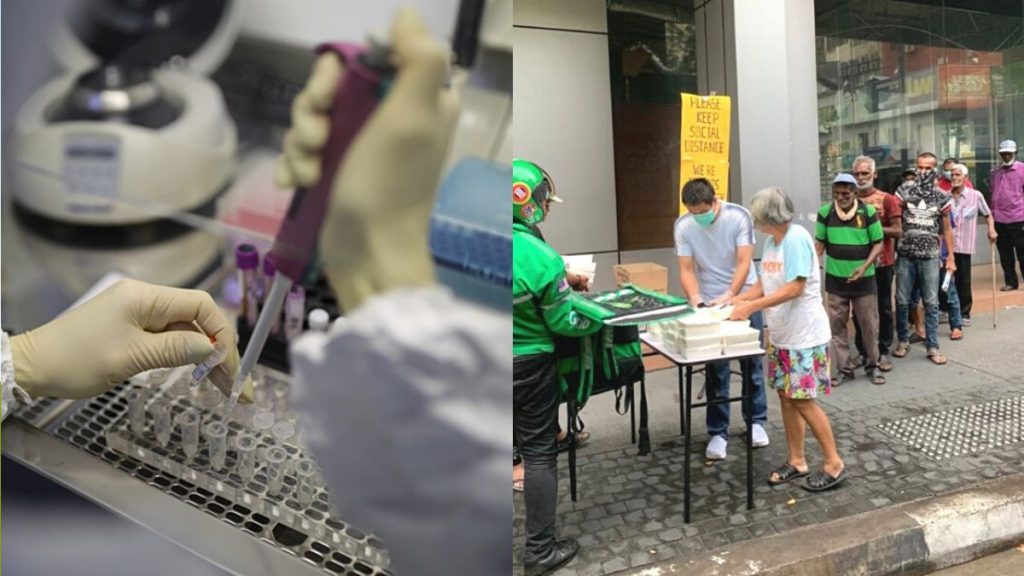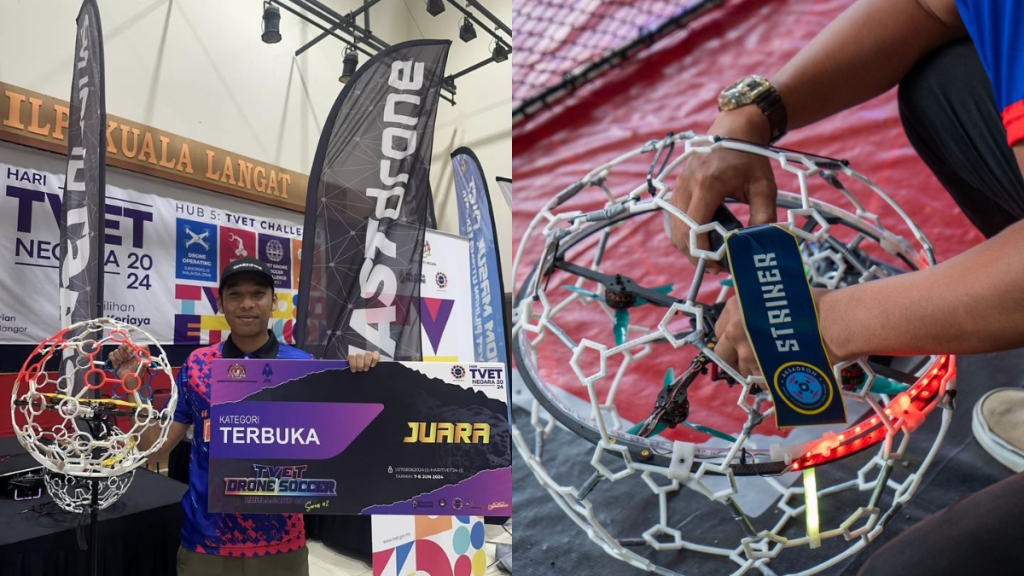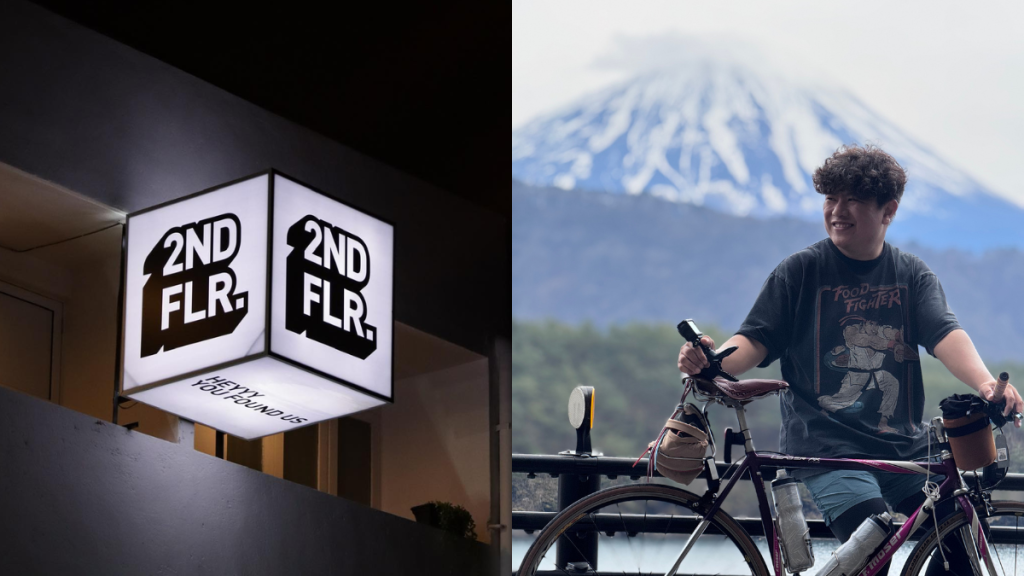It’s been over half a year now since news first broke of COVID-19, and today over 400,000 people across the world have succumbed to the virus, with Malaysia alone having had 121 deaths.
In April, the unemployment rate in Malaysia spiked to 5%, the highest since 1990, and it is expected to further rise to 5.5% this year.
Based on a survey by online home services platform Recommend.my, 68.9% of local SMEs have suffered over a 50% drop in business since the MCO started.
These are only a few of the tragic and heartbreaking events that have happened since the pandemic started.
However, out of all of this, I believe we have learnt, adapted and innovated a lot, not only in various sectors of the world but in our own personal lives as well. That is what I would like to highlight here.
I fully acknowledge that I’m writing from a position of privilege, where I have been largely unaffected by the pandemic on a personal level.
But with endless hourly coverage on the negatives of the pandemic, I think taking a moment to appreciate that we are adapting and innovating at a speed that we didn’t think was possible until now is okay.
1. Getting To Know The People We Live With Better
COVID-19 forced the world into lockdown mode, with our own MCO being a version of it. And those of us who spent the MCO at home surrounded by family probably have a bunch of stories to tell about this experience.
Whether it was admiring your parent or spouse’s “work mode”, or realising what your kid is actually like when they’re in class, we’ve come to know one another better.
Before the MCO, I would sometimes only catch a glimpse of my father as he usually leaves for work earlier, and at night, I don’t often get to eat dinner with him because I come home a little too late (thank you, traffic jams).
However, for the past few months, I’ve been having lunch and dinner with him every day as well as helping him manoeuvre technology so he can teach live classes online (he’s a professor).

I saw my father in “work mode”, and sometimes it could get annoying when his classes and my meetings clashed, but ultimately, I know I will remember these days fondly once I return to the office.
2. Learning More About Ourselves
Whenever we’re put into new and unfamiliar positions (like daily WFH, for example), it’s a given that we’ll adapt and grow one way or another.
Along the way, we learnt things about ourselves, our strengths and weaknesses, limitations and capabilities. We developed our own systems to handle both work and family life in the same space efficiently.
Looking back on the MCO, I can say with confidence that I have grown more disciplined than I was before.
I came to understand the way I worked and what conditions I needed to work better, for example, and as I return to the new normal, I believe that I’m now more equipped to handle what’s thrown my way.
3. The New Normal Working Culture
From WFH to flexi hours, companies are implementing all sorts of new policies to adjust to the workforce’s newfound love of working away from the office.
Many companies have also reported better productivity and efficiency from employees as they WFH, and are changing internally in hopes of maintaining that.
COVID-19 also forced companies to become much leaner than they were before, and as a result of that, a lot of inefficiencies in their operations were realised and weeded out.
For example, companies who downsized their offices because they realised they could split teams or simply use the space as an occasional meeting hub.
4. Businesses Finding New Opportunities
While some businesses have since folded under the pandemic, many others grew resilient. They came up with ways to quickly pivot their businesses and open up new revenue streams to keep themselves alive.

For example, car-sharing startups that were unable to operate as normal utilised their fleets in other ways by going into logistics and grocery deliveries.
The ability to decide between pivoting or persevering during a crisis is a crucial lesson for businesses to learn, and it’s safe to say that COVID-19 sped up the growth of entrepreneurs’ critical thinking abilities.
5. Accelerated Adoption Of Digital Technology
Along with the new normal came more people embracing cashless solutions and appreciating the time-saving value of virtual meetings, if I could name some prominent examples.
We’ve practically been forced to accelerate our adoption of digital technology in line with Malaysia’s agenda, which should further propel the country’s developments and innovations in theory.
However, there are still gaps in society (like the B40 or rural residents) where this new technology cannot reach, so as we progress, we must ensure we address these gaps so no one is left behind in our new, heavily tech enabled world.
6. Better Healthcare Infrastructure & Systems

I don’t think there was a single nation in the world that was fully prepared for the impact of COVID-19, but the speediness and efficiency of certain countries’ healthcare systems played a huge role in mitigating it.
Take for example South Korea, where they were able contain the virus in just 3 weeks without imposing extreme lockdowns, and in a low-cost, high-tech approach.
While their swift and successful actions may not be easily replicated in Malaysia due to a difference in systems, procedures and the amount of healthcare funding, amongst other factors, I believe we can still take a page out of their book moving forward.
Malaysia already hasn’t been doing too badly herself, with our healthcare facilities and systems being lauded by foreign parties, but there’s always room for improvement.
7. Increased Hygiene Practices
On a personal level, people are wearing masks and carrying hand sanitisers wherever they go, as well as (hopefully) washing their hands with soap more often.
Whether or not these practices will be here to stay remain to be seen, but I believe we’ll more hygiene-conscious from now on, permanently.
On a public level, commercial businesses like shopping malls, cinemas, theme parks and F&B outlets are implementing new SOPs which include all kinds of increased hygiene practices, not just in volume but in frequency too.

To those of us who are clean freaks, this is music to our ears. Once the pandemic is over, we might see a slight drop in these practices, but I believe that those parties that can afford to do so will take a “prevention is better than cure” approach and upkeep better hygiene practices for public health.
8. More Appreciation For Our Frontliners
Before the MCO, who’d have expected that logistics drivers, food delivery riders, pharmacists, and more would become essential workers who are keeping the nation’s economy moving and its people well?
These were jobs people used to look down upon, thinking of them as last-resort careers if one couldn’t get a “proper” office job or didn’t complete their education.
To be honest, some people probably still do think that way, but those of us who’ve seen them in action, relentlessly powering through the challenges of the pandemic to complete their work, appreciate them greatly.
Healthcare workers have always garnered some form of respect, but the pandemic has shed light on just how crucial they are in this fight against COVID-19.
They’re the ones constantly at risk of contracting the virus themselves as part of their jobs, yet they do it diligently, making sacrifices of time spent with family in order to aid patients.
There isn’t much that us ordinary folk can do to help these frontliners except to avoid contracting the virus and spreading it, but throughout the pandemic there have also been multiple parties helping them out with PPE, food and even personal hygiene donations.
-//-
Overall, this pandemic has pushed us beyond our limits to grow further, and we’ve learnt so much in so little time.
Back in Malaysia, another positive effect of this pandemic that I’ve seen is how Malaysians have utilised the power of uniting and community to help each other out.
Just look at the #KitaJagaKita and #SupportLocal movements, for example, where ordinary Malaysians are constantly pitching in to help one another, be it individuals or organisations.
Small or big, these efforts show that we have it in us to come together and contribute our knowledge and abilities to overcome this pandemic. And that’s something that I’m really grateful to see.
- You can read more coronavirus related articles here.
Featured Image Credit: AP / SESO Malaysia















